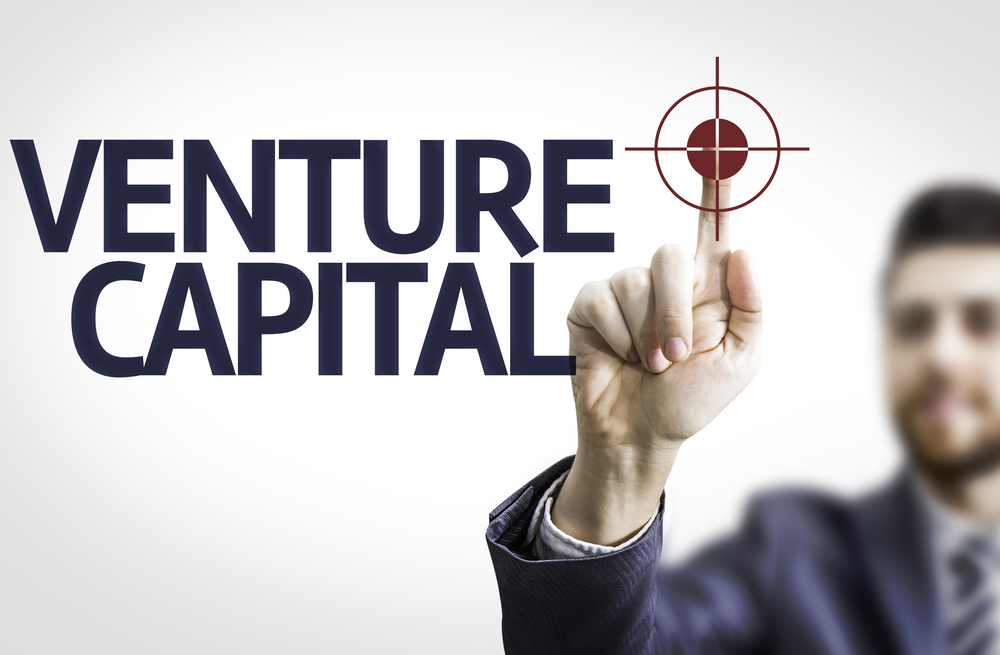In a world where technology shapes nearly every aspect of life, Generation Z (born between 1997 and 2012) has embraced it as a key part of managing their finances. Investing using apps and robo-advisors, to budgeting as managed via AI-powered tools, Gen Z is remaking wealth management. In contrast to prior generations, they want ease of use, automation and transparency of finances. This article explores how Gen Z leverages technology to build wealth, offering practical insights and quantifiable benefits.

The Financial Landscape for Gen Z
Gen Z is in a unique position with some special financial compromises for this generation. As per 2023 Deloitte report, Gen Z carries a 10% higher amount of student loan compared to Millennials at their age, with an average of $20,000. To top it all off, rising inflation and house prices have thrust Gen Z into a survival mode where a new and smarter way of both saving and investing is required. While these are problems, these are technologies to reach out of this troubling economic situation.
How Gen Z is Using Tech to Build Wealth?
- Budgeting Apps - Financial Clarity in Your Pocket: Gen Z is all about real-time money management and budgeting apps are at the core of that approach. There are applications, for example, Mint, YNAB (You Need A Budget), and Goodbudget, which offer easy to use interfaces where people can keep track of their expenses, set goals and be warned when they are spending. According to 2023's Statista research, more than 55% of Gen Z are actively utilizing budgeting applications and the users of budgeting applications have, during the month, an average saving of $200 compared to those who do not actually keep track of their spending. These apps are more than just digital ledgers—they are financial assistants guiding users to make informed decisions.
- Micro Investing -Turning Small Change into Big Gains: Micro-investing services (e.g., Acorns, Stash, Robinhood) are increasing the capital of Gen Z to access investment. These apps, with built-in functionalities such as fractional shares and automatic roundups, enable users to begin investing starting with as low as $5. For example, acorns round up all purchases throughout the day and invests the change. A user of $3.75 on a coffee will automatically have his/her remaining dollar invested. According to Acorns, there is average portfolio balance of $3,000 buildup with the use of roundups and auto-investments for users who are regular, follow through, and automate, over a period of two years.
- Cryptocurrency - A Bold Move Toward Financial Freedom: Gen Z is substantially more comfortable with cryptocurrency than for other generations. As reported in a 2022 Pew Research Center survey, 46% of Gen Z adults currently hold or have traded cryptocurrencies (i.e., Bitcoin, Ethereum, Solana). To this generation, crypto is a vast possibility for escape from the present world of regulated financial institutions and unfettered financial independence. However, with high volatility comes risk. Bitcoin (Bitcoin) moved 30% in a month in 2023. This fluctuation highlights the importance of informed trading strategies. A lot of Gen Z investors are using tools such as Coinbase Pro or Binance to follow market indicators and place stop-loss orders to control risk.

Automation and AI - A Game-Changer for Wealth Management
- Robo Advisors - Personalized Investing Without the Price Tag: Robo advisors (Betterment, Wealthfront, and Ellevest) have universalized wealth management in a B2B marketplace by providing algorithm-based investment recommendations at a sliver of the prices that traditional financial advisors charge. As a reward for a rate as low as 0.25% per year users receive portfolio managers, rebalancers and tax-loss harvesters. Betterment has claimed that systematic users are likely to achieve annualized returns of around 7% or more depending on market conditions, etc. Automating complex financial tasks, Gen Z can devote their time elsewhere as their money takes care of itself.
- AI-Powered Financial Planning: AI-based tools are pushing the limits of personal finance. Cleo and Emma, among others, utilize artificial intelligence to examine purchasing behavior, make appropriate suggestions, and deliver gentle nudges when overspending occurs. The use of these AI tools is attractive to Gen Z because of their interactive/chatbot access mode, allowing the money advice professional to enter a less intrusive way. According to a 2023 Finextra survey, respondents who used intelligent, predictive financial planning tools were 40% more likely to stick to the budget and save an extra $1,500 per year.
Side Hustle Culture - Diversifying Income Streams
Gen Z is very adaptable in the gig economy and many are juggling multiple side hustles to make a fortune. As a result, using skills to earn money has become easier via platforms such as Fiverr, Upwork and Etsy. According to Upwork’s 2023 Freelance Forward report, 53% of Gen Z workers engage in freelance work, earning an average of $5,000 annually from side gigs. This additional income is (if not rather always) used to invest, save and pay off debts, all as part of their own growth in finances.
Financial Education Through Social Media
Social media sites such as TikTok, Instagram and YouTube user interface features and their social media functionalities and practices have assumed an unexpected but useful function for financial education. Influencers break down technical financial problems into things that are easy to understand and they make spending money, investing, and handling debt approachable for young people (Gen Z). However, it's important to approach this information critically. While there are credible sources, misinformation can also spread. Verification of the advice using reliable banking websites or advisors remains important.

The Future of Gen Z Wealth Management
It will seem like that the young Gen Z will further integrate these new technologies into their money management approach in the future. Blockchain, decentralized finance (DeFi) and NFTs (Non-fungible Tokens) are also growing industries. These advances have the promise of greater, more open control and new investment paths. With the increasing power of Gen Z's engagement, financial institutions will have to adapt by offering technology-led products that are user-centric, automated and accessible. Gen Z is shaking up the game of personal finance with technology, enabling more smart and effective money management. Fintech tools empower them to be masters in their own financial fate, ranging from budgeting to investing, income diversification. Automating, making available to many, and innovating, Gen Z demonstrates that when the infrastructure of wealth creation should be brought down to the streets, tech is the great leveler.





